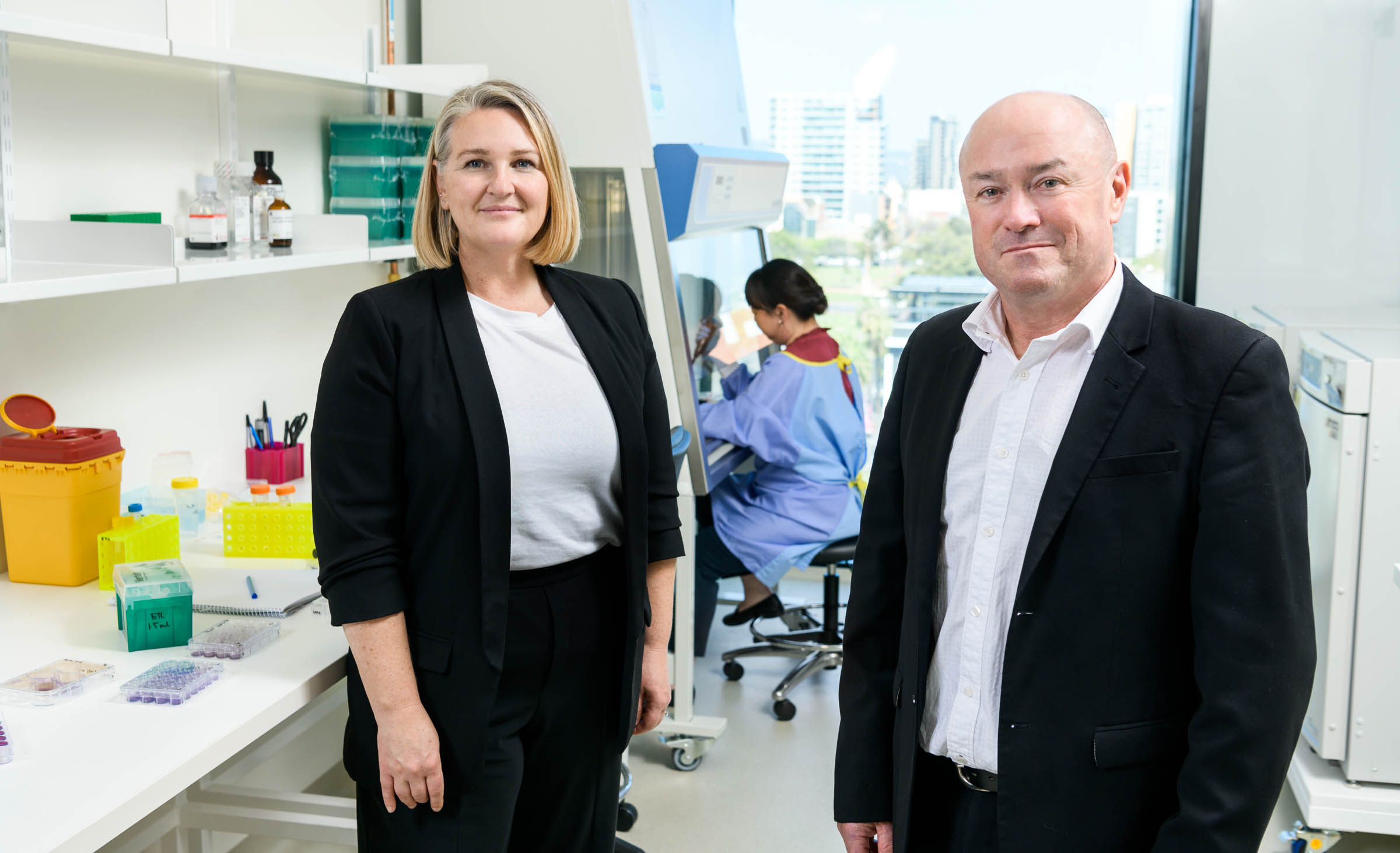Key steps to advance vaccine manufacturing technology
Emerging Australian biotech company Sementis is engaging with Health Security Systems Australia and Australian universities to enhance the ability of its existing vaccine manufacturing technology to pivot, scale and rapidly deploy in response to emerging health and biosecurity challenges.
The initial 12-month collaboration with Sementis will draw on the company’s long-standing partnership with the University of South Australia as well as expert researchers from the Biomedicine Discovery Institute at Monash University and The Australian National University.
Further work undertaken in molecular and cellular immunology will build on the existing proprietary vaccine delivery platform, the Sementis Copenhagen Vector (SCV).
The project aims to enhance the SCV platform technology by undertaking further characterisation work to identify opportunities to leverage the unique properties of the technology, including its ability to express complex or multiple antigens. A parallel phase of the project will evaluate new protocols for accelerated construction of vaccine candidates.
Health Security Systems Australia (HSSA) is a division of DMTC Limited that has extended from an initial focus on Medical Countermeasures to lead collaborative programs and projects across a broad range of health security areas.

Sementis CEO Leanne Hobbs with Professor John Hayball, a researcher at the University of South Australia and Chief Scientific Officer at Sementis.
HSSA’s Medical Countermeasures Program Leader, Dr Julia Cianci, welcomed the commencement of the project.
“Platform technologies, that can be rapidly adapted to target new and emerging disease threats, are critical components of Australia’s sovereign medical countermeasures capability,” Dr Cianci said.
“This collaboration is harnessing expertise from across the industrial and research sectors and is a key step towards reaching the next phase of development. It’s a tribute to the expertise that exists across the sector but also a great example of the need for a national approach to achieving health security outcomes.”
The SCV platform from Sementis combines a non-replicating viral vector with a genetically modified commercial manufacturing cell line, to realise an efficient and effective vaccine delivery platform. SCV platform vaccines have shown excellent safety and efficacy in preclinical studies, and use of a robust, commercial cell line paves the way for modularised and more rapid manufacture.
“The broad range of expertise, workload and level of investment required to take biomanufacturing technologies from preclinical to clinical phases of development is often under-estimated,” Sementis CEO Leanne Hobbs said.
“We are building what we consider to be Australia’s most advanced viral vector platform, and to be successful we know that a comprehensive, lifecycle approach is needed that takes account of both scientific and commercial opportunities and risks.
“This project funded by DMTC and with work to be undertaken by our esteemed academic partners will enable us take critical steps towards the manufacture and delivery of a new vaccine platform technology with the intent to make a global contribution to the prevention and treatment of serious emerging and known disease threats.
“This project will also contribute to building Australian sovereign capability and capacity in vaccine development.”
Posted by Patrick Crosling on December 8th, 2022